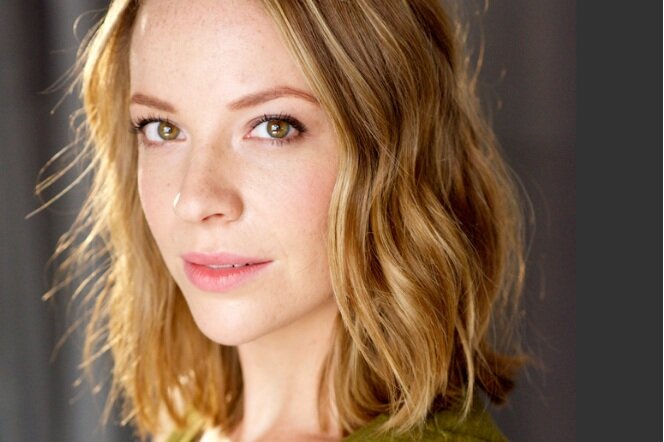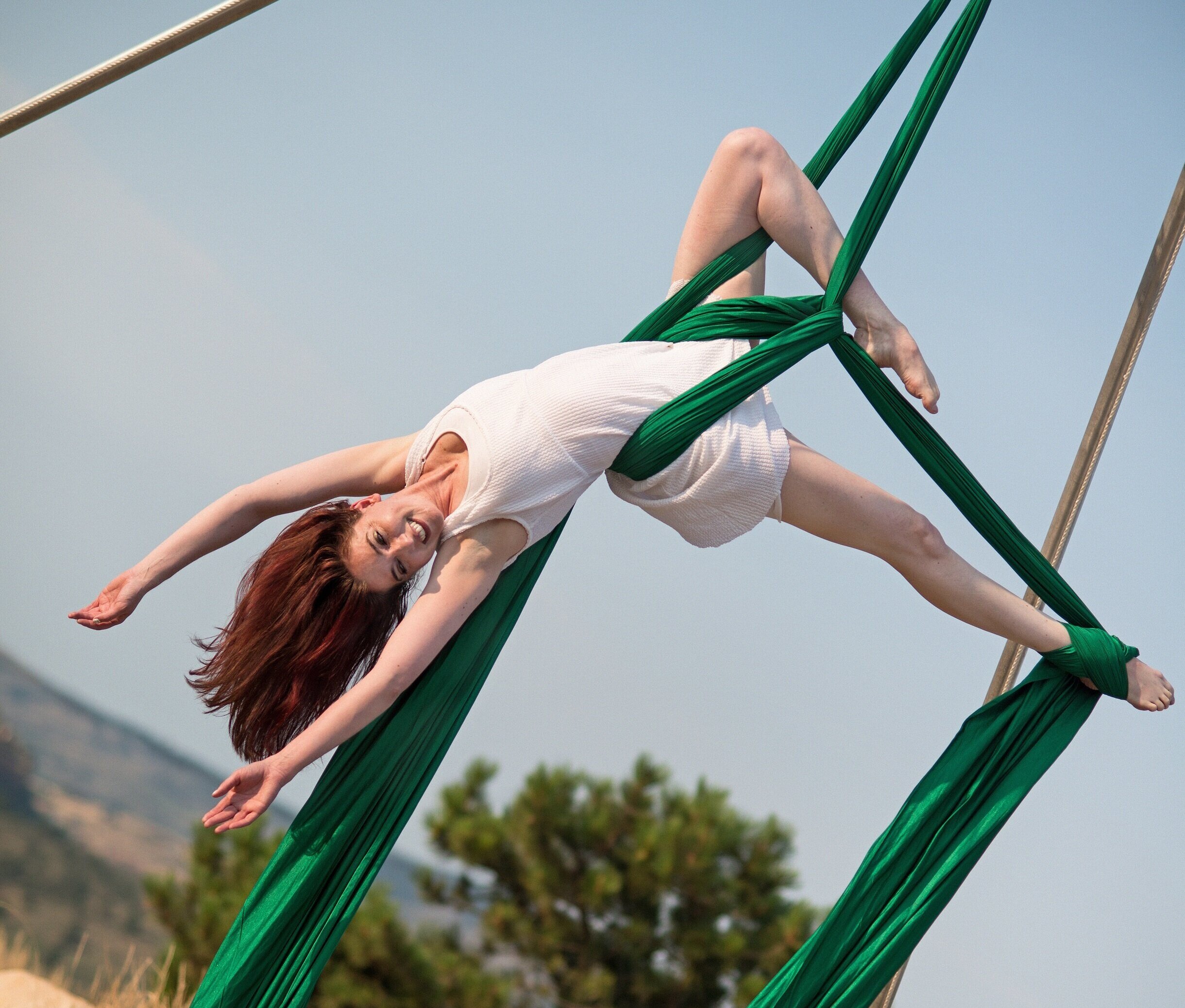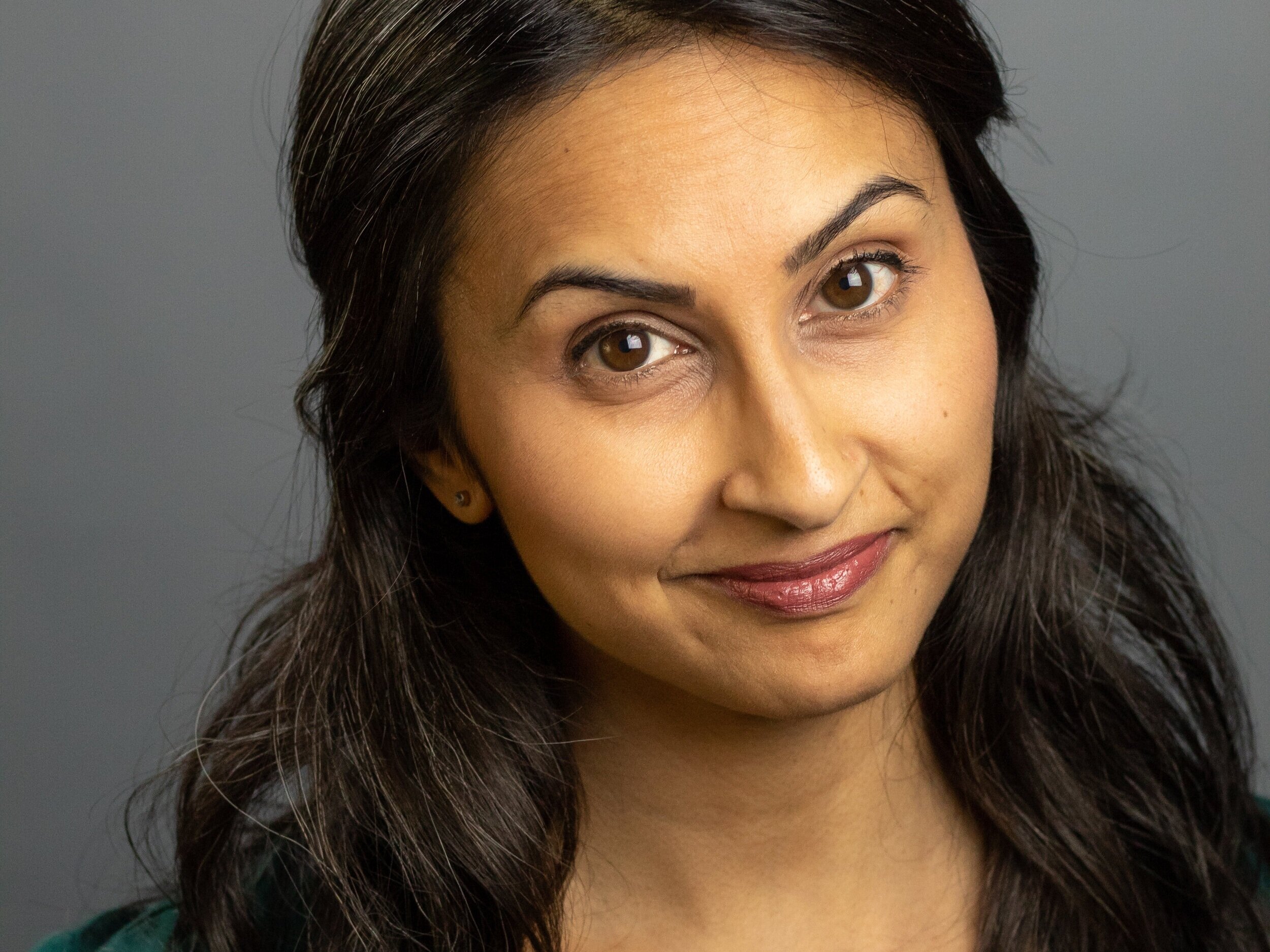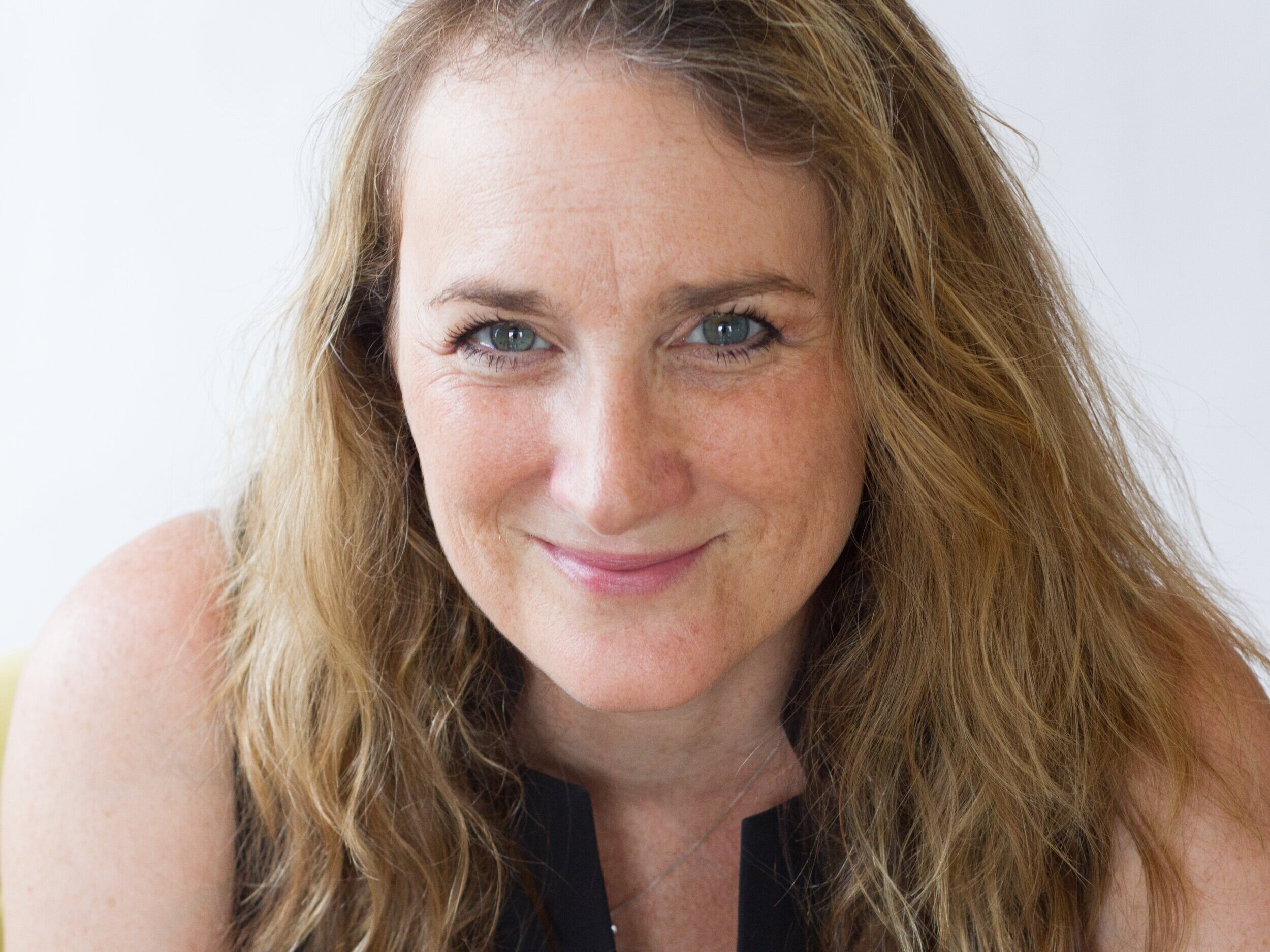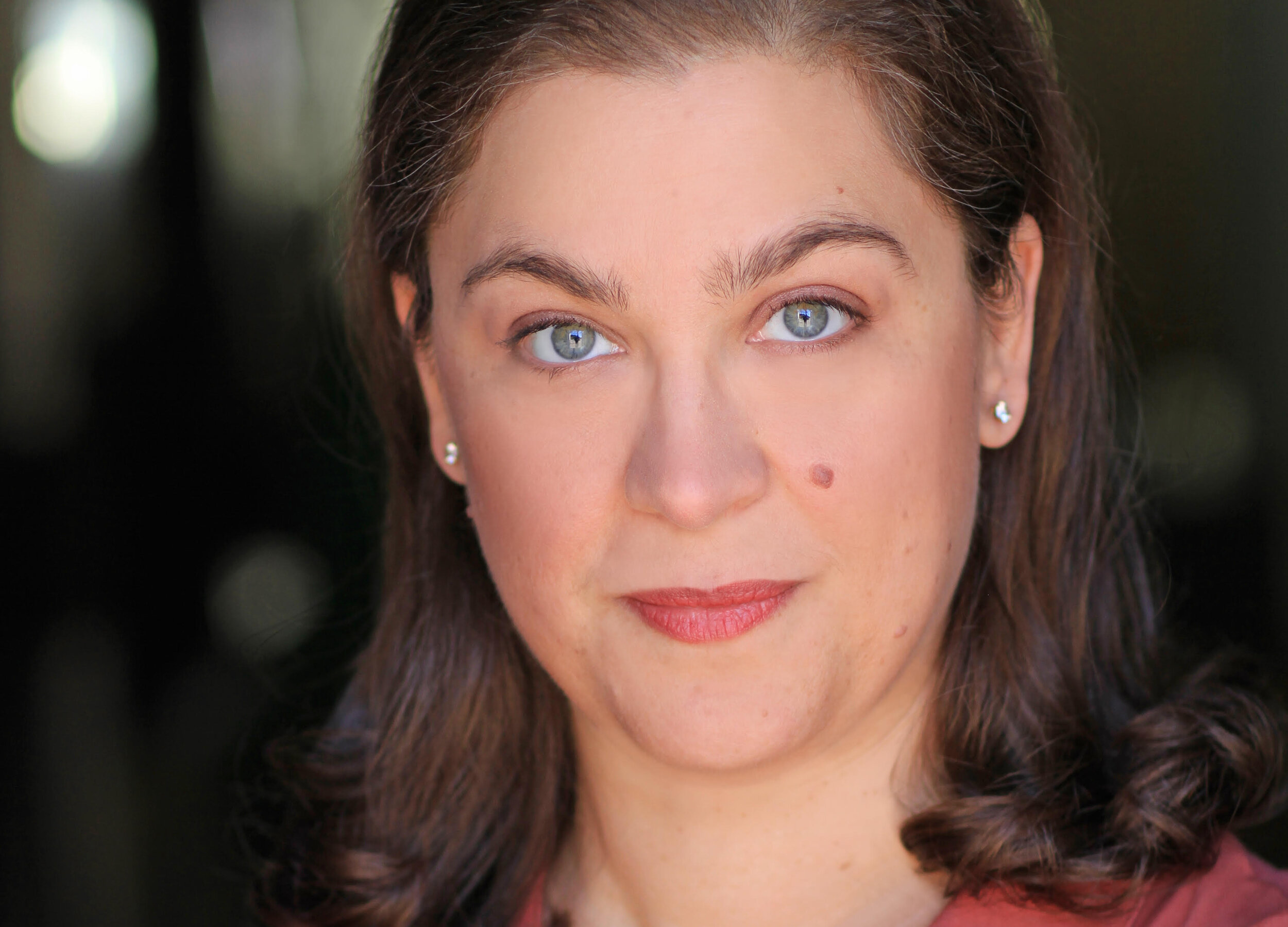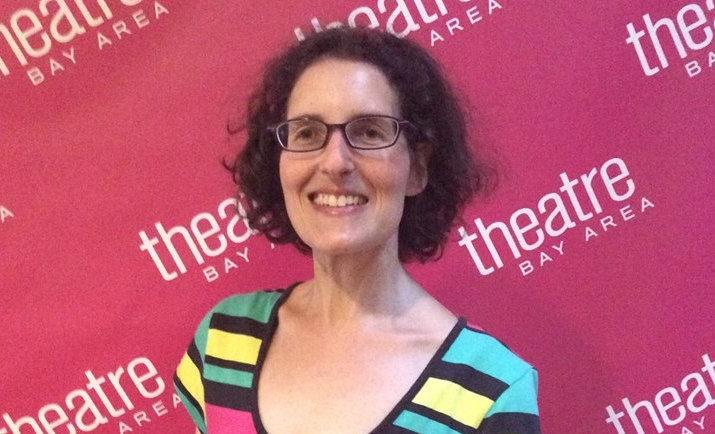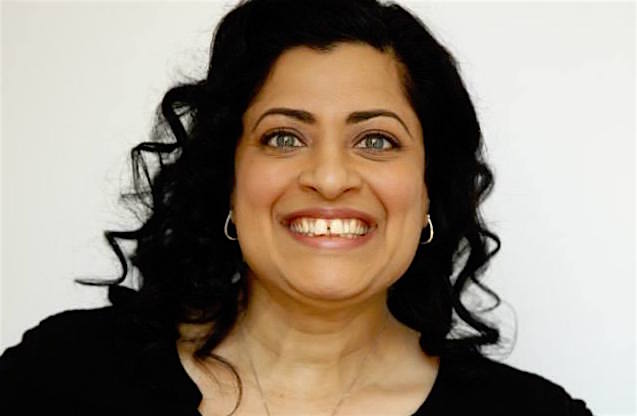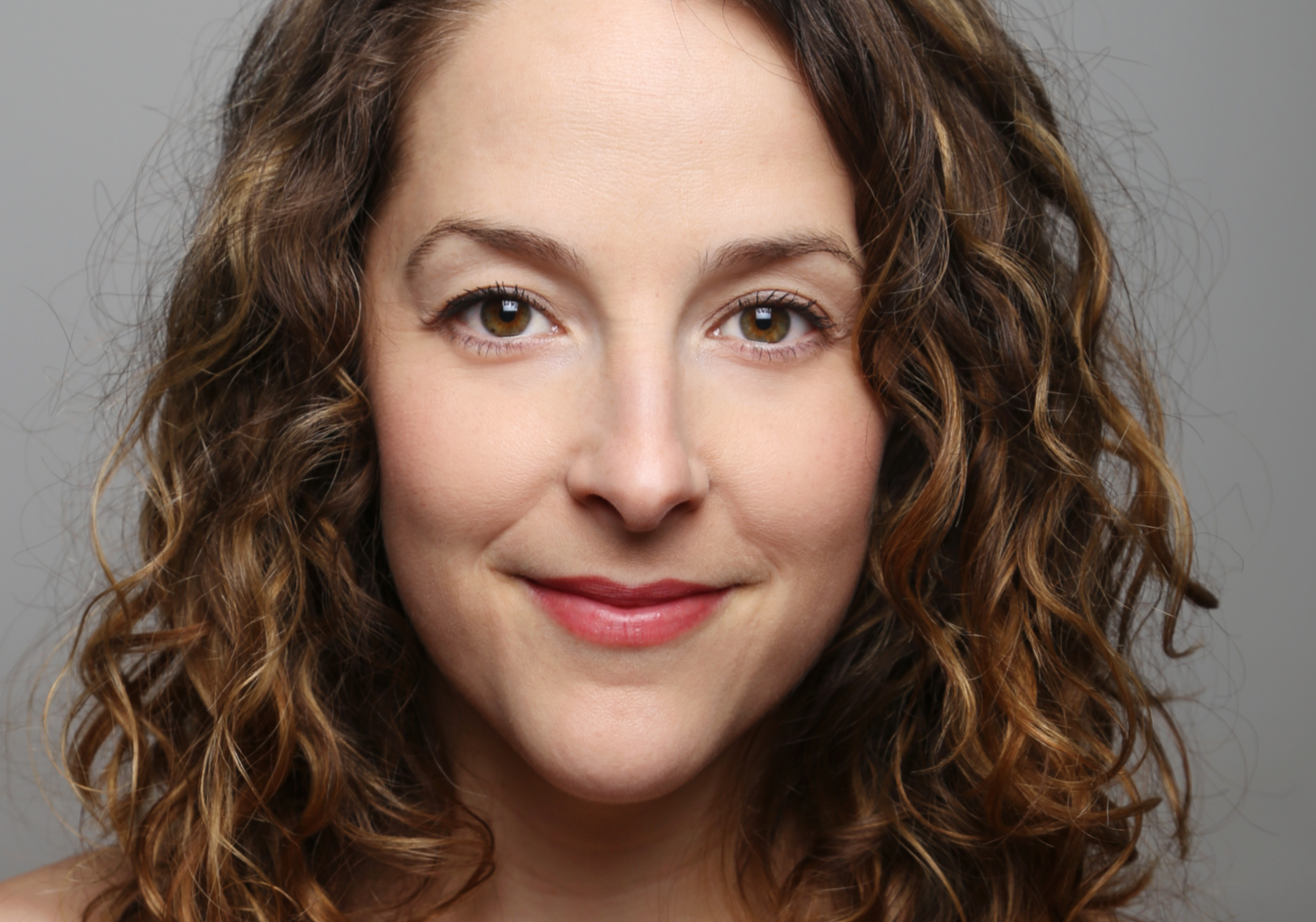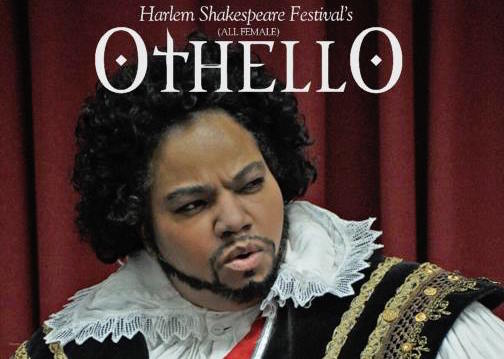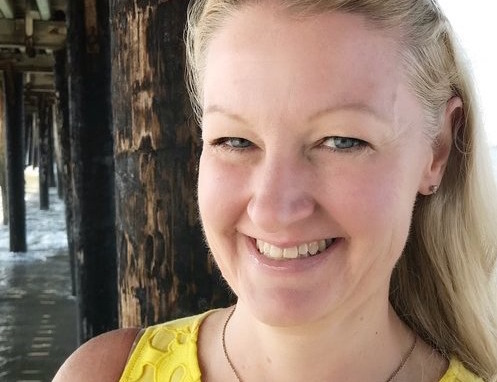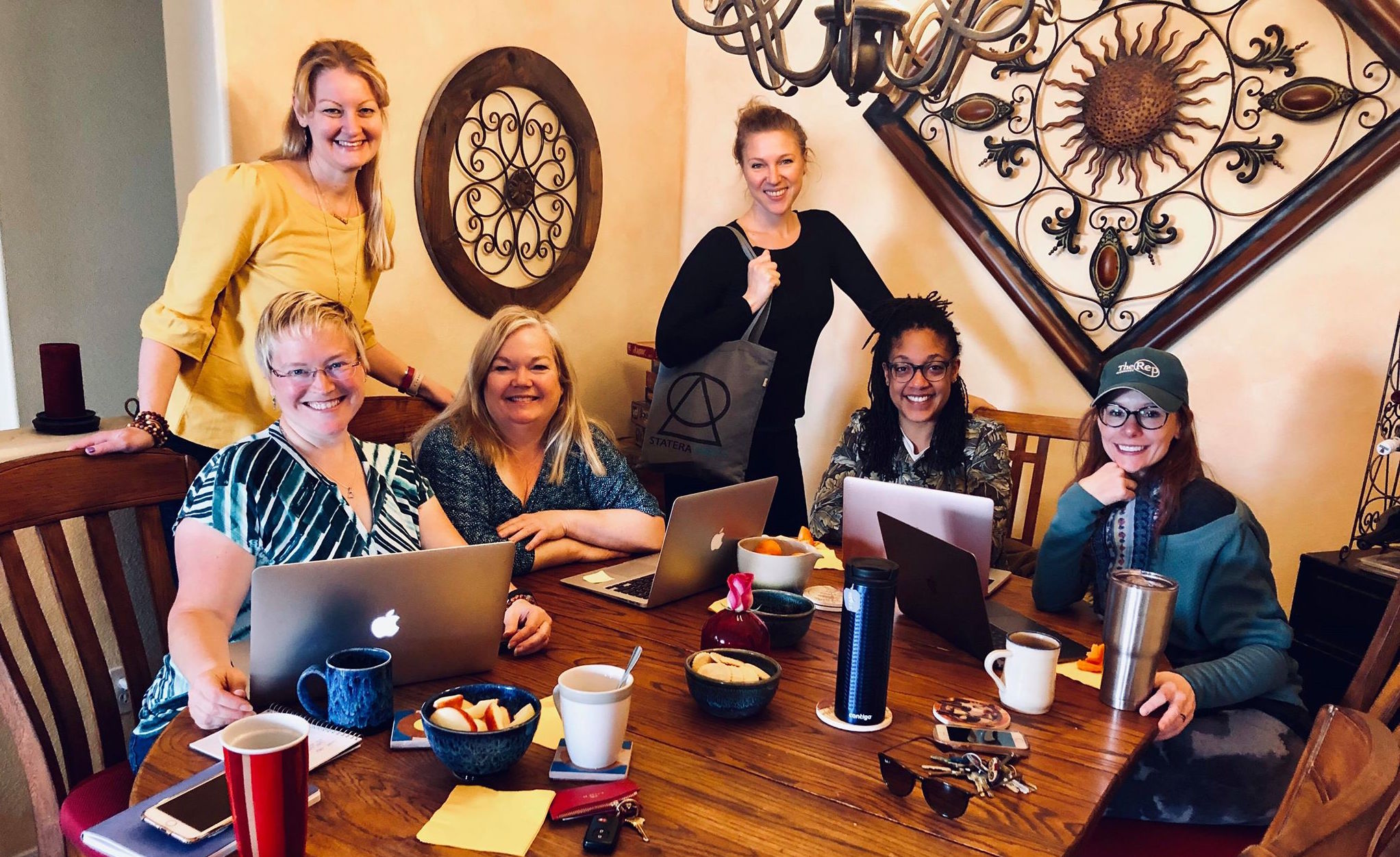StateraArts members come from all over the USA and all genres of art-making. They are educators, arts leaders, activists, content-creators, professional artists, early career, mid-career, patrons, and community organizers. The Statera Member Spotlight is just one way StateraArts uplifts and amplifies the voices of our members. Today, we’d like to introduce you to Caitlin Stegemoller.
StateraArts: What is your occupation or calling in the arts?
Caitlin Stegemoller: I am a voice coach. I teach various aspects of voice performance: voice, speech, voice into text, and dialects. My journey to this occupation comes from a long-time engagement in other areas of the arts. Performing is an important part of my identity; I trained in Musical Theatre and worked as an actor from a young age. Additionally, I spent 5 years as a teaching artist in Los Angeles, working with young people on theatre-making and Shakespeare.
SA: What inspires your work most?
CS: My inspiration comes from an interest in the human voice, and its capability to reflect the dynamic individualism that every person possesses. The voice is inextricable from our identity representation, something that I find relevant in a world that is beginning to deconstruct social paradigms and question equitable representation. Through the embodied practice of voice work, my aim is to make space for voices that have historically been subject to restraint; and facilitate a journey that encourages curiosity, authenticity, and discovery.
SA: What organizations are you affiliated with?
CS: Voice and Speech Trainer’s Association (VASTA), Actors Equity Association (AEA), and of course, STATERA.
Why did you become a Statera member?
CS: I became a member of STATERA because there is power in community. And a community dedicated to supporting and advancing the Arts towards an equitable future, a future that reflects the diversity of our world, is a wonderful community to belong to.
SA: What do you love most about your artistic community?
CS: I am lucky to follow in the footsteps of many incredible voice practitioners, and most all of them are women. Kristin Linklater, Cicely Berry, Barbara Houseman, Frankie Armstrong…. and those are just the published books that I am currently looking at as I sit at my desk! The list certainly goes on. I have the gift of getting to collaborate with a wide artistic community: with a creative team if I am supporting voice work on a production, one-on-one with actors, and cohorts of drama school students as they go through training. I am constantly learning from all of them.
SA: Any upcoming projects you'd like to share with us?
CS: Right now, I am in the process of writing my MFA dissertation. I’m looking at the coaching practices of theatrical institutions that have committed themselves to casting “post-gender” Shakespeare, and interrogating how they work to avoid gendered stereotypes. It came out of the genuine curiosity: is there a protocol for coaching? What strategies are employed by leading theatre companies? How would a student or actor approach a piece of text originally intended for a gender that they don’t necessarily identify with? Is there a way of coaching classical text that is more reflective of our flexibility and fluidity?
SA: Mentorship is at the core of the Statera mission. Tell us about one of your mentors. How did they shape you or provide pathways for opportunity?
CS: I am still in the early part of my career, and I have been supported, inspired, and buoyed by many wonderful artists and teachers. The voice community is a particularly supportive one, and appropriately, there is a historical legacy in the art of voice teaching. The day I decided I wanted to be a voice teacher, I called Fran Bennett, who I had worked with briefly in a workshop, and asked her if she would mentor me. I remember her sonorous voice on the other end of the line replying, “Yes. Welcome to the journey of your life, darling”. Fran is a legendary actor, artist, and teacher. She is also incredibly generous, FUNNY, and delivers tough love like no one else. There is so much of her in the way I teach. I recognize how lucky I am to have her support and friendship.
About CAITLIN
Caitlin Stegemoller is a performer and voice teacher from Los Angeles, California. She teaches various aspects of voice performance: voice, speech, voice into text, and dialects. Caitlin holds a BFA in Musical Theatre from The University of Arizona, and an MFA in Voice Studies at the Royal Central School of Speech and Drama (2020). Voice teaching and coaching: The Young Vic, CleanBreak, Trinity Laban, The Bridge House Theatre, ALRA, ArtsEd, (London), Antaeus Theatre, Center Theatre Group (Los Angeles). Selected performing credits: Carla in Nine (Arizona Repertory Theatre), Helena in A Midsummer Nights Dream (Theatricum Botanicum). Caitlin has also collaborated with Ghost Road and Theatr ZAR in Los Angeles, and worked in commercials.
_format-1500w.png)

